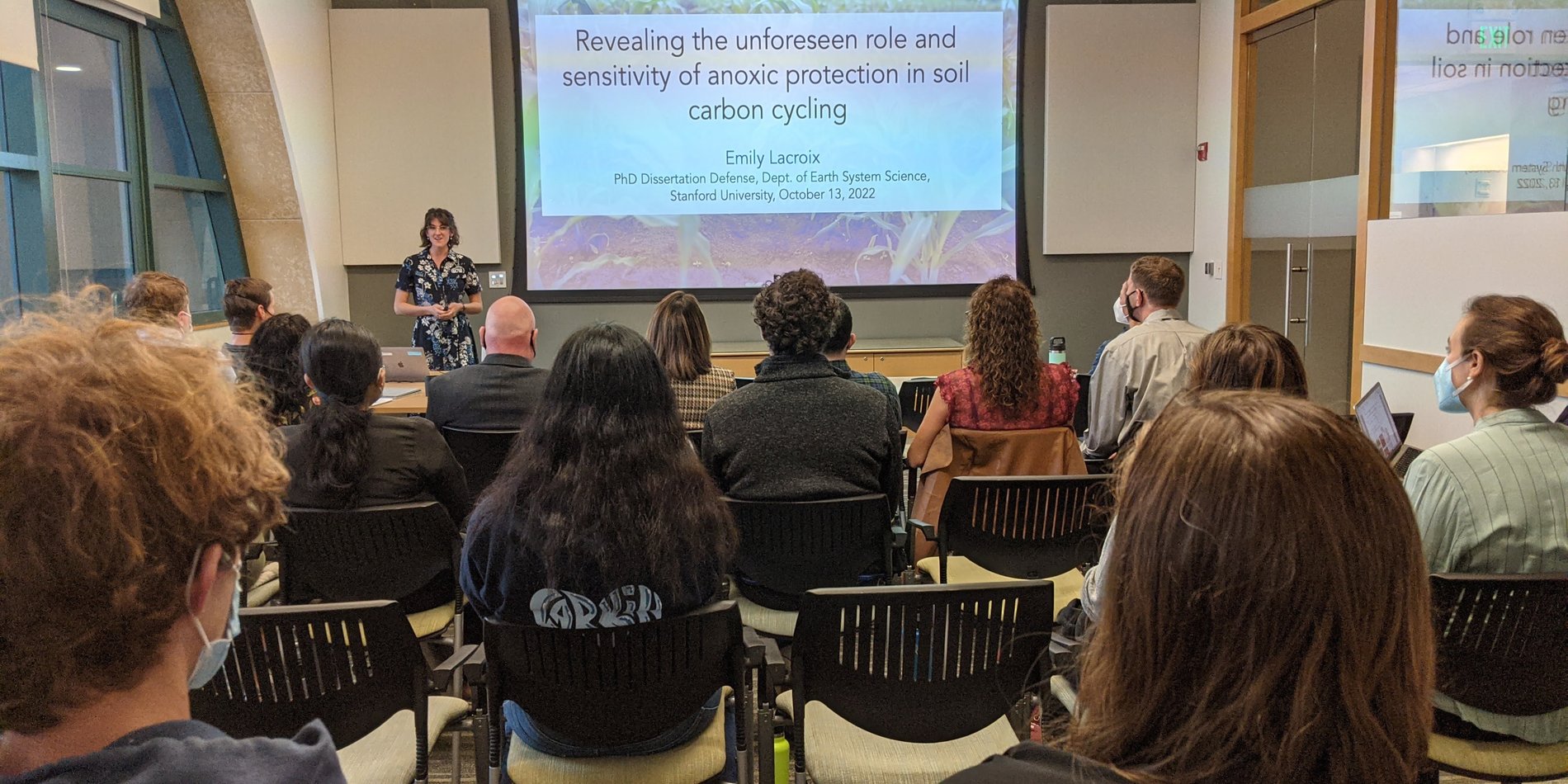Higher levels of nitrate in drinking water linked to preterm birth, study finds
Pregnant women exposed to too much nitrate in their drinking water are at greater risk of giving birth prematurely, according to a Stanford University study of more than 1.4 million California births.
Agricultural runoff containing fertilizer and animal waste can greatly increase the nitrate level in groundwater, which naturally contains a low level of the chemical.
“We found that higher concentrations of nitrate in drinking water during pregnancy were associated with an increased risk of spontaneous preterm birth, even at nitrate concentrations below the federal regulatory limit,” said Allison Sherris, a graduate student in the Emmett Interdisciplinary Program in Environment and Resources at Stanford. “That was surprising.”
The study, which published online May 5 in Environmental Health Perspectives, is the largest ever to connect nitrate exposure and premature birth. Sherris is the lead author. The senior author is Gary Shaw, DrPH, professor of pediatrics.



